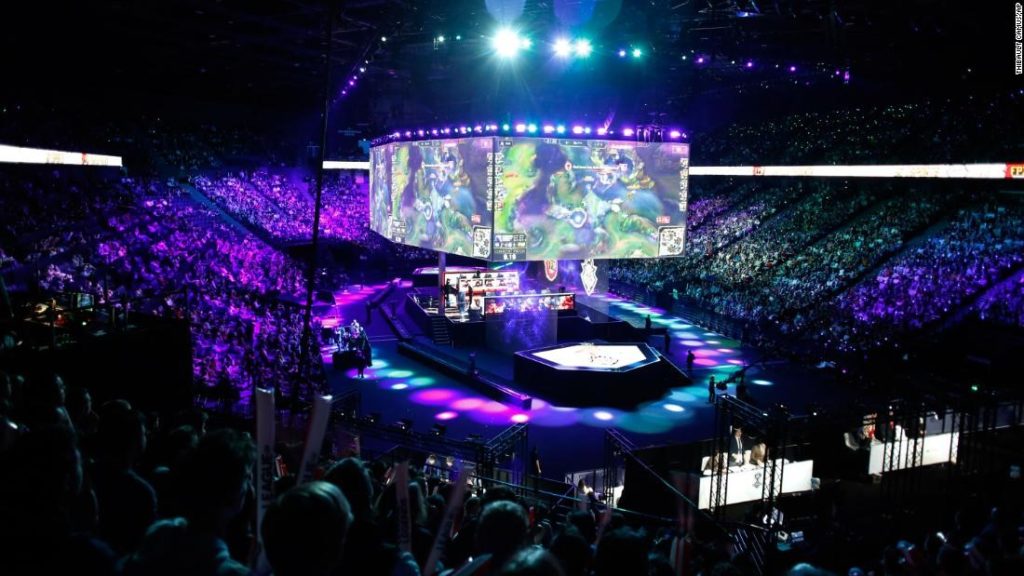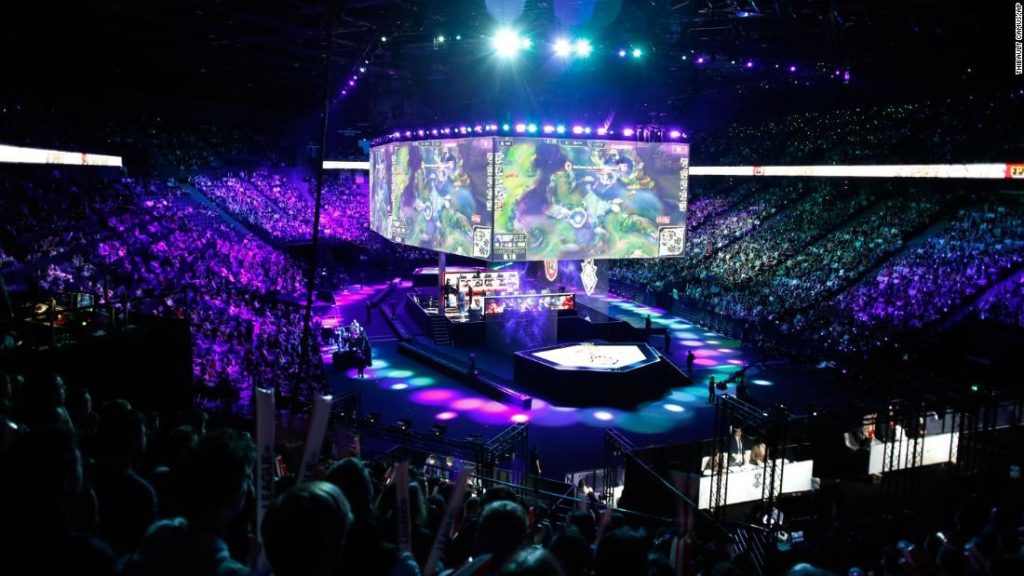Esports is the rapidly expanding and lucrative realm of competitive video gaming. This worldwide phenomenon is in a league of its own, with players who don’t look like conventional sports stars but have enormous income potential, big commercial sponsorships, and even their own fan base.
While many of the major players are based in Europe or the United States, the African continent is vying for a piece of a worldwide industry worth over $1 billion in 2019.
According to one consultancy, Africa’s gaming sector will grow by 12% in the next five years, with Egypt and South Africa leading the way in terms of revenue.

Esports is a multibillion-dollar business that draws legions of enthusiasts, including those who came to this year’s event in Paris.
Thabo “Yvng Savage” Moloi, a South African esports athlete, made history this year by being the first African player to be sponsored by Red Bull. He is South Africa’s top-rated FIFA player on PS4 at only 18 years old, and he is ranked 73rd in the globe.
East Africa, on the other hand, is home to some of the continent’s brightest prospects. Meet two Kenyan gamers who want to help put African esports on the map across the world.
22-year-old Sylvia “Queen Arrow” Gathoni
“Queen Arrow,” by Sylvia Gathoni
Sylvia Gathoni, better known by her gaming nickname “Queen Arrow,” is Kenya’s first female professional esports athlete. She is a law student by day and a pro-gamer by night. The fighting game “Tekken 7” is her specialty.
Despite the fact that women make up 35 percent of all gamers globally, Gathoni claims to be one of just a few female esports players on the continent, something she is eager to alter.
“Because we don’t have many women,” Gathoni explains, “you don’t have a support system from individuals of the same gender.” “I have to set a good example for other women and individuals who want to work in the game business.”
She has been a regular in the gaming scene since 2018 and is now rated 13th in Kenya at the age of 22. She is also the first East African woman to be sponsored by a multinational corporation.
Her ascent to the top has not been without setbacks, the most significant of which, she claims, has been sexism in a male-dominated profession, an issue that is gaining traction in the esports world.
“There are some guys who don’t like the fact that I’ve gotten this far,” Gathoni adds. “They claim that the only reason I’ve been signed is because I’m a woman, not because of my hard work or ability.”
While she acknowledges that the remarks are upsetting, Gathoni says she is determined not to let them discourage her from pursuing her goals, which include utilizing her legal degree to help influence the industry’s future.
This was the scene in Abidjan, Ivory Coast, in 2018 during an esports event.
“At the very least, I want to establish some of the rules that will serve as the basis for the gaming community,” she adds, “as well as regulations that will govern micro-transactions,” which are tiny in-game purchases of virtual goods.
Gathoni also intends to utilize her platform to demonstrate that esports can be a realistic career option.
“Right now, it seems that we are squandering our time, money, and energy,” she adds, adding that pressure to follow a more “traditional professional route… like law or medicine” still exists.
“I really hope that this changes in East Africa, as well as here in Kenya.”

